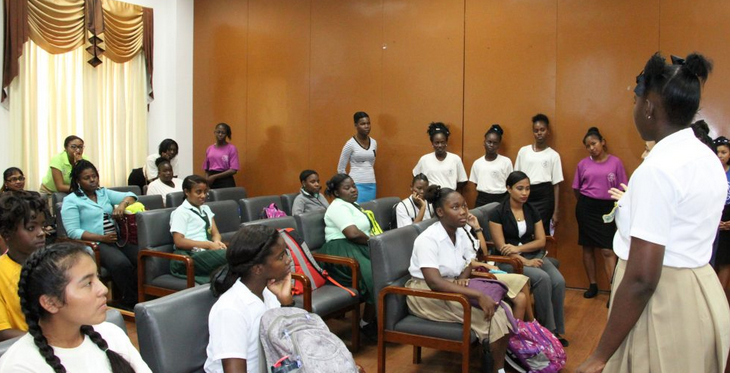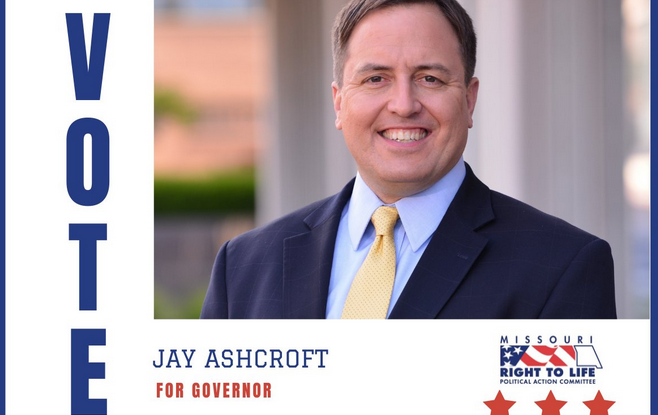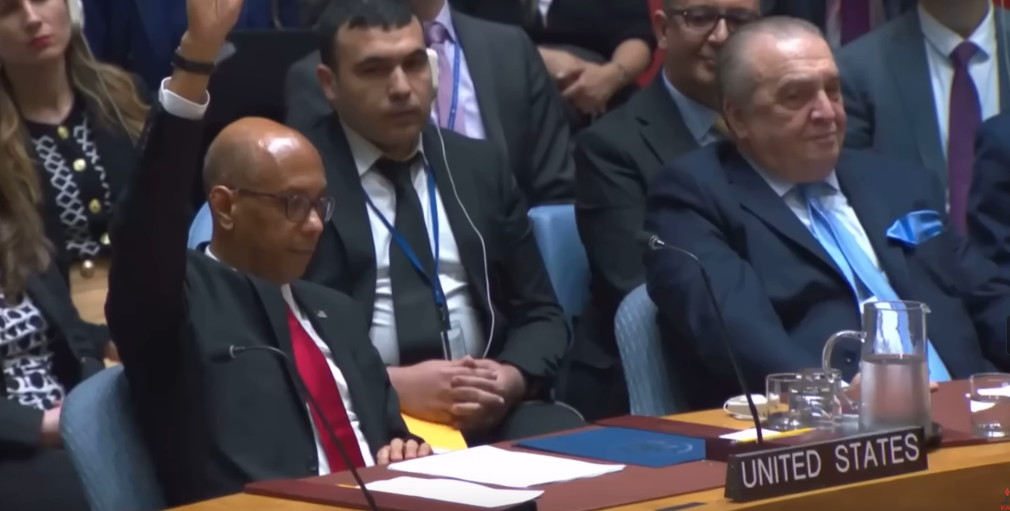How is it that the drug sources cannot be adequately traced and substances interdicted when we can account for almost every ounce of anthrax? How are the banned substances distributed? Who are the primary beneficiaries from the sales? Who are the primary consumers? What are the negative impact of consumption? Do the negative impact outweigh the financial and social cost of combating consumption? How many innocent Black people are languishing behind bars? How many were imprisoned for "trying" banned substances just as Bush did? Are all banned substances the same? Might it be worth de-criminalizing some?
[Black Star Editorial]
The report of a tape recording of President George Bush admitting to smoking marijuana in the past should explode once and for all the myth that illegal drugs are primarily consumed by African Americans. Why should African Americans subsidize the social cost — in terms of demonization and criminalization — of drug consumers like Bush?
Doug Wead, who once worked for President Bush’s father, recorded his conversations with President George Bush before he was a candidate between 1998-2000. The conversations touched on several political issues and included how to respond to a question about marijuana consumption.
In the tape recording, which was played to a New York Times reporter, Bush, then Texas governor — where he was notorious for sending African Americans to the execution chamber — was critical of Vice President Al Gore’s admission that he had used marijuana. “I wouldn’t answer the marijuana questions,” Bush is quoted as saying. “You know why? Because I don’t want some little kid doing what I tried.” The White House has not denied the authenticity of the tape recordings.
Most thinking people know that the primary consumers of banned substances are not African Americans. There just aren’t enough to sustain the multi-billion dollar industry. Yet the widespread popular perception — reinforced by mass media — is that Blacks are almost the exclusive consumers of marijuana, cocaine, and other illicit drugs. The consequences of these stereotypical perceptions have been catastrophic; many educators, police officers, judges, legislators and ordinary white people nationwide have a prejudiced view of Black people they encounter. Blacks are “suspected” of criminality long before they become “suspects” of specific crimes.
This is not to say that there are no Black drug consumers or criminals — far from it. Yet, while Blacks don’t have a monopoly over vice, Blacks are subjected to overwhelmingly disproportionate negative expectations. And such expectations become self-fulfilling. This means that teachers in schools set low expectations for their Black students and dismiss them rather than encouraging them to aim. Black students are steered towards less “intellectual” pursuits–after all, they are presumed to have a high proclivity for consuming drugs. Sooner or later, going by this logic, they will end up committing crimes and behind bars.
So, a police officer can arrest a Black male and plant drugs on him even if he is not a drug consumer. The widespread perception works against the Black man and the crooked officer has no problem convincing a District Attorney — who is also more than likely to believe that the Black person is a drug abuser — to bring charges. The D.A., with the authority and prestige of his office, then impresses a jury — which also has prejudged the Black man — to convict him. Finally, the judge — also a believer in the widespread notion that Blacks are generally drug abusers — sentences the man to a long prison term.
If George Bush now wants to do the right thing — since he cannot un-inhale what he’s already smoked — he should seize this opportunity to initiate a national debate on the so-called War Against Drugs. Every aspect of this issue must be reconsidered. How are the banned drugs brought into this country? How is it that the drug sources cannot be adequately traced and substances interdicted when we can account for almost every ounce of anthrax? How are the banned substances distributed? Who are the primary beneficiaries from the sales? Who are the primary consumers? What are the negative impact of consumption? Do the negative impact outweigh the financial and social cost of combating consumption? How many innocent Black people are languishing behind bars? How many were imprisoned for “trying” banned substances just as Bush did? Are all banned substances the same? Might it be worth de-criminalizing some?











